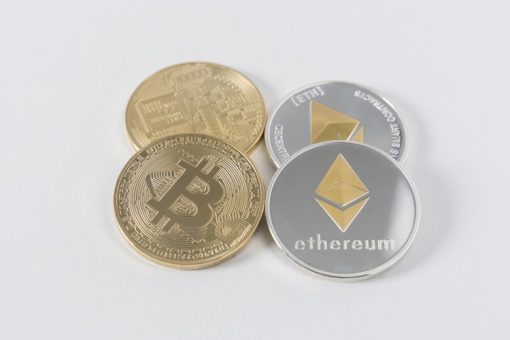
Cryptocurrency – a type of internet-associated digital currencies, alternative currencies, or virtual currencies and uses cryptography for security – has rather became widely popular and practically useful in the modern days. From being born in the second world war out of the need for secured communication, it has hugely evolved in the digital era (with the elements of mathematical theory and computer science) and became a way to best secure not only communication and information – but your money online.
Today, cryptocurrency – widely recognized as a digital currency – is mostly utilized to transfer funds between two parties in which transactions include purchasing gift cards, paying flights, booking hotels, buying from app stores, and/or other businesses that can be done online. Because of these, the need for a place to store them was created – a virtual wallet called cryptocurrency wallet.
What are cryptocurrency wallets?
Cryptocurrency wallet is technically defined as “a software program that stores private and public keys and interacts with various blockchain to enable users to send and receive digital currency and monitor their balance.”
This means that the above-mentioned keys play a huge role in providing security to your virtual money and are extremely important when making cryptocurrency transactions. Here’s why:
The private (cryptographic) key has to be kept secret at all times because losing it will mean losing your money as well. And mind you, you cannot get them back.
The public (cryptographic) key, on the other hand, gives you an address in a form of a long number combination. It works more like an ID that allows other users to identify you and should be provided if you wish to receive a transfer.
To unlock a transaction, both the keys should match each other.
For example, if you send any type of digital currency (i.e. bitcoins), you are essentially signing off and transferring your ownership of the coins. But for the receiver to unlock the transferred funds and spend the coins, the private key stored in your cryptocurrency wallet must match the public key of the receiver’s (to which the digital currency is assigned to). If they match successfully – your balance will decrease and the receiver’s will increase, accordingly.
It is to be noted, however, that cryptocurrency wallets do not work like your traditional pocket wallets but more like your online bank accounts – except that they do not store your crypto money. As a matter of fact, they are not stored anywhere; and unlike traditional money that is kept in bank vaults, digital currencies do not exist in any physical form. Instead, only the records of your transactions are kept in the blockchain which functions as “an open, distributed ledger that can record transactions between two parties efficiently and in a verifiable and permanent way.”
In other words, there is no actual exchange of real coins. Transactions are only signified by the records in the blockchain and the changes in the balance of your cryptocurrency wallet.
Why should you need one?
A secured cryptocurrency wallet is the first requirement for starting any cryptocurrency-based businesses.
Whether you are planning to start paying with or investing in cryptocurrency, you must understand that cryptocurrency wallets are one of the basic yet very important requirements of cryptocurrency transactions.
The same goes for blockchain applications, such as the trade and exchange platforms, which require secured storage where traders can buy, sell, and transact. Without a wallet integration, like the cryptocurrency wallets which core functionality is storing and securing digital assets, it is quite impossible to run these platforms.
You cannot buy coins without cryptocurrency wallet.
Alongside with the software package, cryptocurrency wallet is one of the functionalities that are available. And as already explained, through these wallets, all transactions (i.e. sending and receiving digital currency) are carried out.
There is a wide range of cryptocurrency wallets to choose from which are designed specifically for different needs (i.e. online, offline, etc.) and each with its own pros and cons. In fact, most coins have an official wallet (i.e. Bitcoin wallet, NEO Wallet, etc.) or recommended third-party wallets that you can use to store your crypto money. But whatever wallet/s you choose, make sure to figure out which one/s you will need based on which coins you are going to invest in and most importantly, remember to always keep them safe.